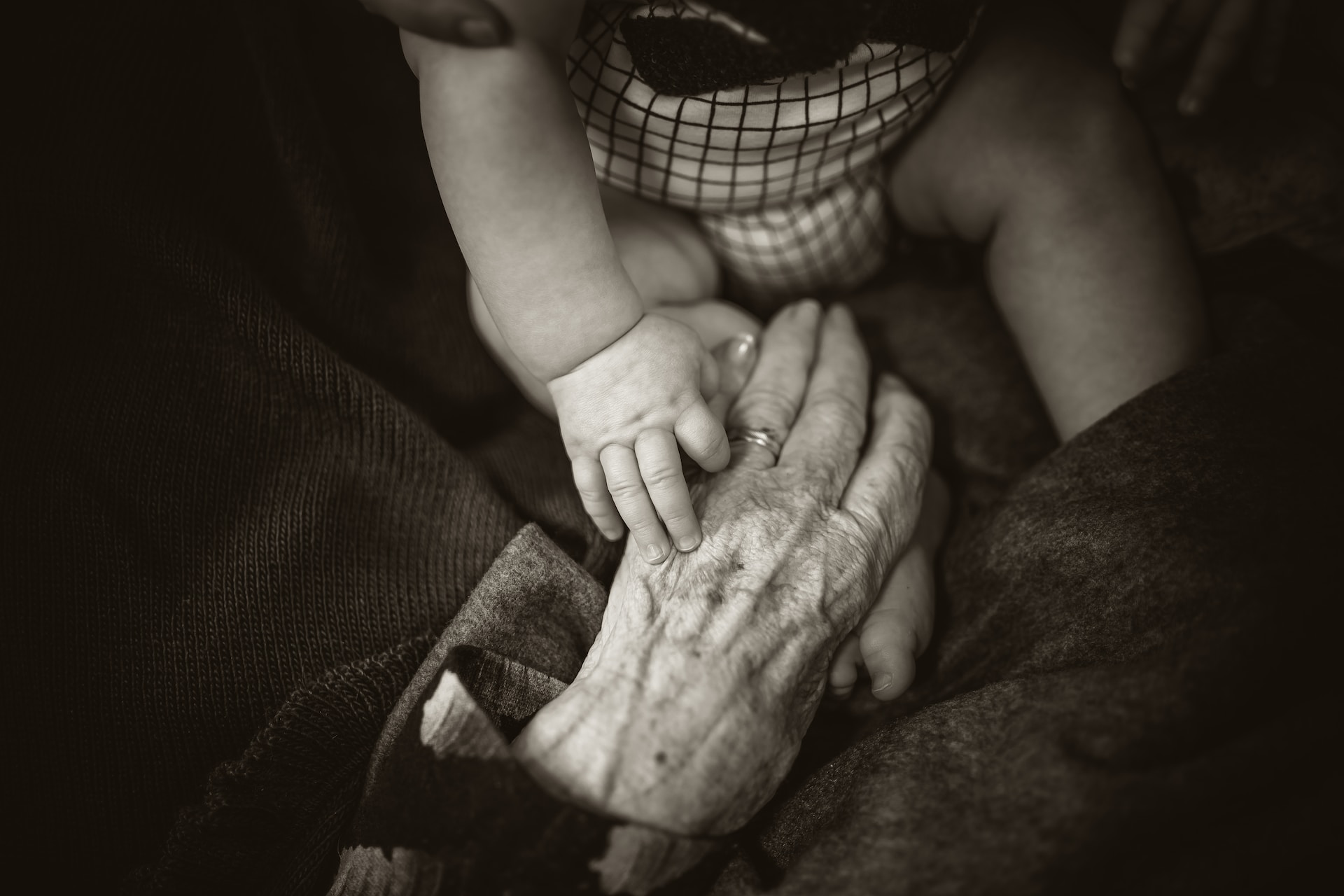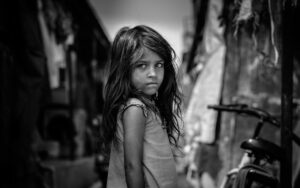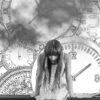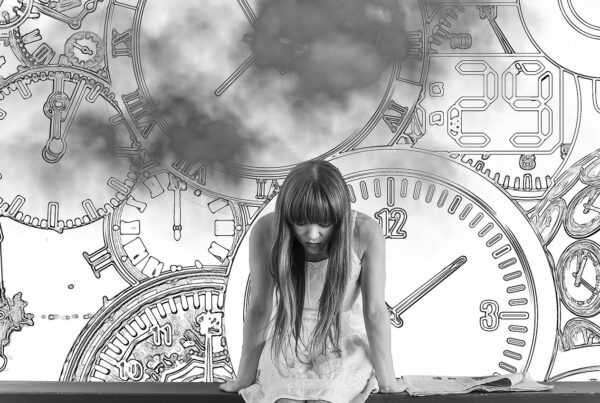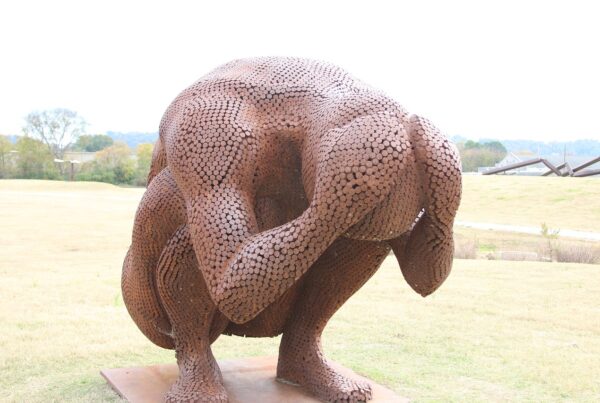What is the short definition of Childhood trauma?
Childhood Trauma is of course an all inclusive term, we can try to categorise what we understand as childhood trauma but we should at the same time understand that each child is an individual and will be affected as such .
Some children are more pre disposed to be affected by trauma , perhaps through Epigenetic’s ( gene expression )although scientists are not fully clear on why some children are more resilient than others.
If we ask any random person what is their understanding of child abuse , most might come up with a child being hit , or a child being sexually abused , perhaps even a child being neglected by their caregivers. This is an important question as society believes that it all of us have a responsibility to report child abuse when they see it, so at the very least we should know what it is , otherwise it might go unnoticed  .
.
If we ask that same person what effect do you think that abuse might have on the child , they might have some limited knowledge , they may say the child might be shy , withdrawn, possibly have some sexual issues in relationships as an adult . Id like to quote Dhooper, Royse & Wolfe( 1991, page 37) “Prevention of child abuse and neglect and and early detection of abusive situations depends upon the awareness and concern of the general public”.
What the general public , many healthcare professionals and therapists often don’t realise is just how big an issue this is for the Individuals involved , for healthcare providers , for Welfare Services , the police, for society and the economy. . The main types of Child abuse, here are the commonly recognised types of child abuse ,You probably already know them but just to recap, Ill keep it short .
-
Physical Abuse: This type of abuse involves physical harm or injury inflicted on a child by a parent or caregiver. It can include hitting, shaking, kicking, burning, or any other form of physical violence. It has immediate implications and sometimes obvious physical signs of the abuse and may well have long lasting outcomes.
-
Sexual Abuse: Sexual abuse refers to any form of sexual exploitation or inappropriate sexual behavior towards a child. It can include sexual assault, molestation, incest, or exposure to sexual content that is not age-appropriate.This of course can be in person or increasingly online and social media platforms are becoming more popular and children want to gain access to them to socialise with friends or for gaming.
-
Emotional Abuse: Emotional abuse involves the consistent mistreatment or rejection of a child, causing severe emotional or psychological harm. It can include constant criticism, humiliation, belittlement, or withholding affection and love.
-
Neglect: Neglect is a type of abuse that occurs when a caregiver fails to provide the basic necessities and adequate care for a child’s well-being. This can include neglecting their physical, educational, or emotional needs.
Just to add to this list above , I would say that it is unfortunately common for two or more types of abuse to be inflicted at the same time .
It might be the case that a child experiences physical abuse at the same time as suffering emotional abuse or perhaps sexual abuse and physical . The severity can also differ as can the effect on an individual child, abuse can be a single or multiple event. Other factors that can affect the outcome is a child’s proximity to the event , prior history of trauma , family or community factors , race, culture ,ethnicity and racism. There are plenty of research articles , in fact my blog posts are littered with them that show the more ACEs ( Adverse Childhood Experiences ) the worst the likely outcome . The ACE study , itself formulated for the research it was named after, links the number and types of trauma on a scale with increasing negative outcomes.
Perhaps the biggest influence on outcome is the reaction of the caregiver . If a child tragically suffers from any type of trauma and the immediate reaction of the care giver is support , love, reassurance, this can mitigate the affect of the trauma , calming the body and the reaction The brain learns that it can rely on the caregiver , they can trust , they can recover. The brain is a predictive machine , it uses information and memories from the past to predict an outcome , It has some mechanisms to compensate for times it gets this wrong , some people call it ,The Reward Prediction Error, first discovered by Schultz et al in 1997 , trauma can interfere with this action . The reaction of the caregiver can be crucial in this process,brain predictions are a very large part of how individuals understand the world or our reality and getting this wrong can cause a child to become failure orientated and unable to learn from successes, this can continue throughout their lives.
This action we can see for ourselves every day a small child is out with their parents , they trip over falling and cutting themselves , there is a lot of blood , the child sees it and screams .This is fairly common and a low grade trauma , this can now go one of two ways. The parent picks up the child , screams back at them for being so stupid and how now they will be late for their appointment , they roughly wipe up the blood , again telling the child that they are such a problem for the parents. The second way is for the parent to be supportive , calm, reassuring and clean the child up in a gentle and loving way . Imagine this example but as a much more serious incident and repeated over many years.
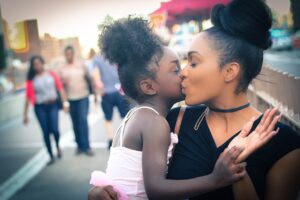
Sadly Childhood trauma is much more common than most people would imagine . The different types of Abuse can lead to different outcomes . I show in my blog posts the effect of childhood abuse on Epigenetic’s ( gene expression ), The central nervous system (the HPA axis) , the effect on Telomeres ( shorter telomeres have been linked to disease and poor survival). I also show childhood abuse is linked to diseases , neurological disorders , substance abuse , alcohol ( Ethanol), OCD ,depression , anxiety , crime , incarceration , procrastination , low self esteem , relationship troubles , sleep disturbances and educational problems. This page is just an overview , a landing page , Ive kept it simple here , if you want to look at the current science have a look through the many posts here , I won’t try to sell you anything tor tell you what to do , Im just a childhood trauma survivor ploughing through the science ………why don’t you come along for the journey?
”But nothing the copy said could convince her and so it didn’t take long until a few insidious Copy Writers ambushed her
Robert JohnsonThemeNectar


